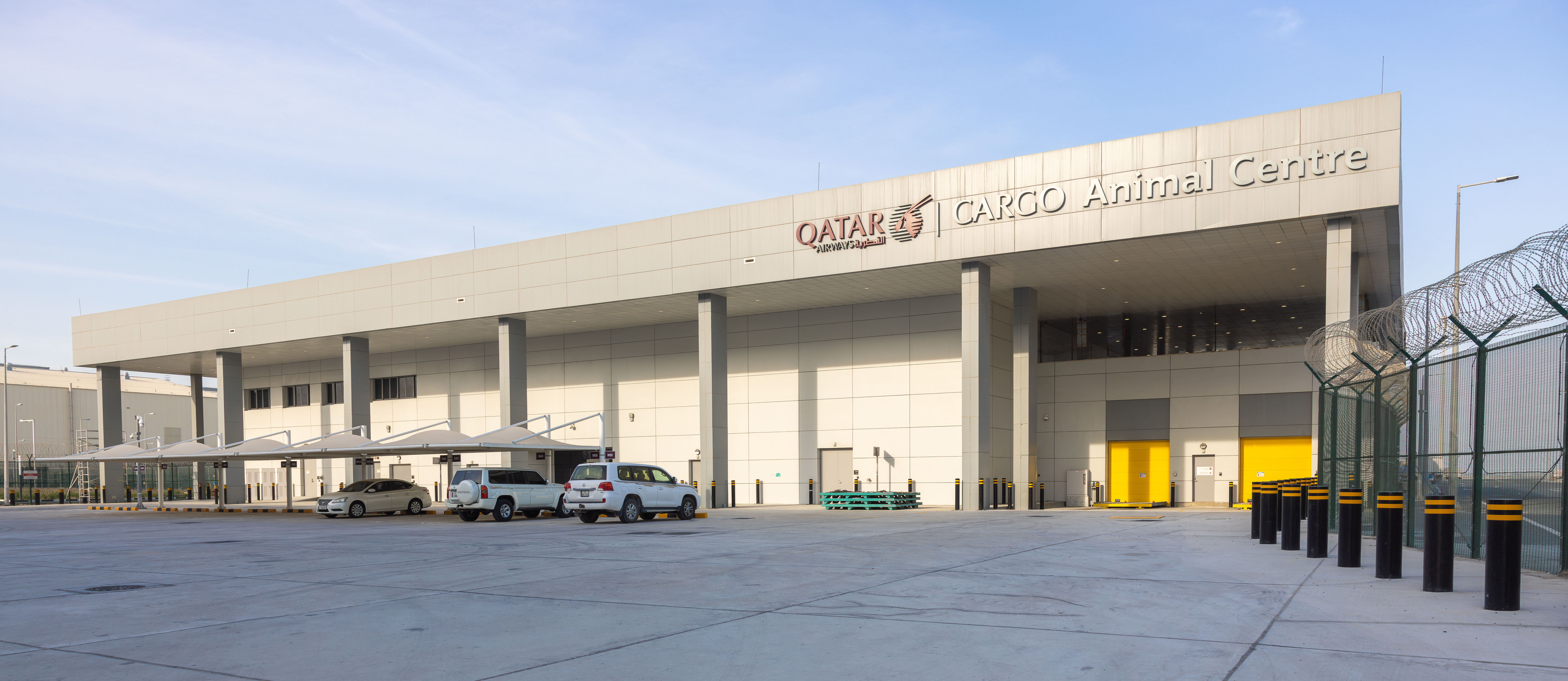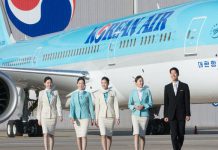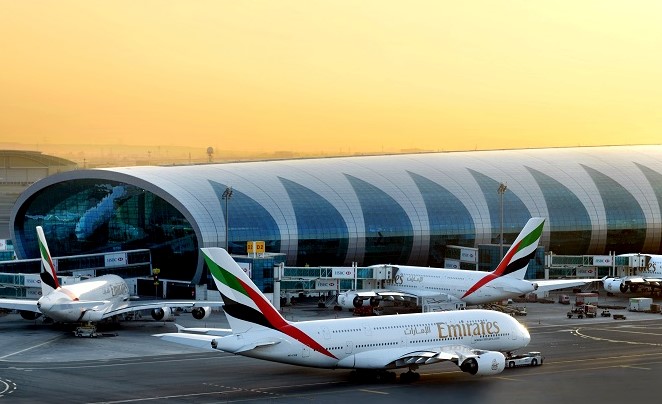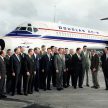Airbus has started talks with unions about redeploying up to 3500 workers as the A380 program draws to close over the next three years.
Parts for the superjumbo are made across Europe and assembled in Toulouse, France, and the end of the relatively short-lived program will affect Airbus employees in four countries.
The manufacturer expects this will include 500 to 660 employees in the UK, 400 to 500 in Spain, 1,100 to 1.200 in Germany and a similar number in France.
Overall, the change will be felt by about 1300 blue-collar and 2100 white-collar workers comprising less than 3 percent of the aerospace giant’s global workforce.
READ why Qantas says the A380 is still an important part of its fleet
The company still has 17 of the giant double-decker aircraft to deliver and it will continue to provide in-service support for the existing fleet.
“About 12,000 Airbus employees change job every year, and with the ongoing single-aisle ramp-up as well as a strong wide-body backlog, a significant number of internal mobility opportunities are available,’’ Airbus said in a statement.
“In addition, Airbus will put in place dedicated services for competence reconversion to further support cross-functional and cross programme redeployments.
“Airbus is dedicated to managing industrial adaptations responsibly and successfully, as demonstrated in the past.”
Airbus announced its decision to end production of the A380 on February 14 after the plane’s major supporter, Emirates, decided to take just 14 more aircraft and swapped the remainder of its order for twin-engine A330s and A350s.
The aircraft proved a hit with passengers but the economics of a big four-engine plane failed to stack up against those of new, more efficient twins such as the Boeing 787 and A350.
A cloud had hung over the program for several years but Emirates initially tossed the A380 a lifeline with A $US16bn deal for up to 36 planes.
That would have underwritten production for another decade but that plan was dashed when the Gulf carrier changed its mind.
























